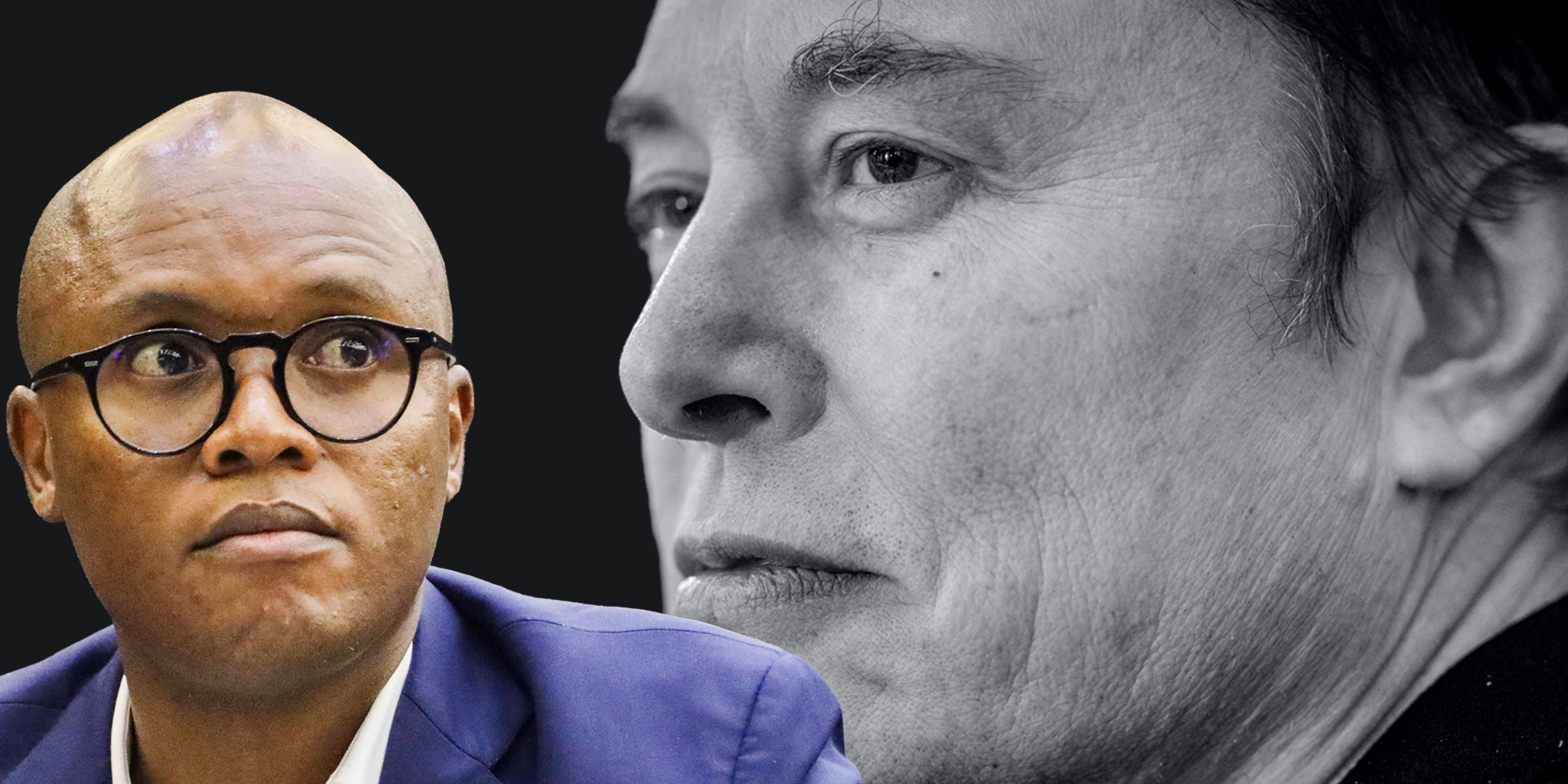Friday’s announcement by the communications and digital technologies minister, the DA’s Solly Malatsi, that he is looking at relaxing the regulations around BEE ownership for satellite internet service providers certainly looks like it is tailor-made for Elon Musk.
Coming just hours after that impossible meeting in the Oval Office — and amid indications that, in fact, US President Donald Trump brought up the Starlink issue with President Cyril Ramaphosa in their meeting afterwards — it’s hard to escape the conclusion that one led to the other.
There is much to be concerned about here. Is it really the case that we decide to change our laws just because a current friend of the current US President wants us to?
To put it another way, if Starlink were owned by someone else, would any of this be happening?
Actually, yes, some of it probably would be.
Starlink is not the only service of its type. Kuiper, driven by Amazon (owned by Jeff Bezos, another strong supporter of Trump), is also gaining ground and would want the same regulation relaxation as Starlink.
What makes this all so much more difficult is that the idea of using transformation methods other than equity in this space has been around for a while. I cannot understand, given how prominent this issue had become, why Malatsi sat on his hands and appeared to do nothing.
Now it really looks like this was the result of pressure from Musk and Trump.
And now, of course, there is going to be quite a big fight.
It is not nearly as simple as Malatsi, or even Ramaphosa, saying that they want this and it becoming so.
Firstly, everyone else in the sector who has been covered by the equity regulations in the past, and anyone who could be affected by them in the future, is going to have something to say. Some companies will compete against Starlink in the provision of internet access, not through satellites but via fibre and cellphone networks.
They absolutely have a right to be heard here.
And then there are politicians — Julius Malema and the EFF (who appear to think that Trump has somehow given them a new lease of life) could well oppose this move.
Malatsi himself is now due to appear in Parliament on Tuesday to defend this process.
Considering that both his party, the DA, and the president are likely to support him, he might well give quite a robust defence of his decision (and he’ll say anyway that, in fact, this is just the beginning of a decision, all he’s doing is asking for public comment).
Much could depend on the attitude of the chairperson of the Portfolio Committee on Communications, Khusela Diko.
She was one of the best communicators the ANC produced, and ended up as Ramaphosa’s spokesperson. But during the pandemic, she had to leave her position after being accused of involvement in Covid-19 tenders. In the middle of the dispute, her husband passed away.
Eventually, she was found not guilty of wrongdoing and re-entered politics through Parliament.
Telecommunications is the ultimate network industry; if you make communication easier and cheaper, your economy grows dramatically. Our problems in this space are one of the reasons our economy has not grown properly for so long.
Generally speaking, a service like Starlink that provides reliable internet services wherever you are should be a huge boon for a country as big as ours.
But it is wrong to think Starlink and services like it are a silver bullet. They are too expensive compared with most other services, and are only really economically viable in places where there is no fibre (while fibre was first rolled out for companies and then in suburban areas, it is becoming much more common in township areas too).
Yes, there are schools and police stations in many places that could benefit from the service, but it won’t make a huge difference. Unless the cost comes down quite dramatically.
I also wonder a bit about why Musk is so determined to have it operating here. He has already complied with regulations in other countries, and I obviously understand he would not want to give up any ownership. And why should he!
But he looked almost unhinged when talking about our BEE laws at the Qatar Economic Forum last week and clearly doesn’t like what South Africa has become.
Thankfully, it seems unlikely that he could ever have a monopoly over the provision of internet services. Considering how his AI engine Grok was making up facts about “white genocide” last week, this is a very good thing.
My own suspicion is that Starlink will come to South Africa and will comply with whatever non-equity BEE provision there is. But don’t be surprised if there are several court cases first, as competing operators and competing politicians try to make mileage out of the fight.
Musk is a wonderful figure to oppose. And too many have too much to gain for this to be easy. DM
Business Maverick
After the Bell: Who’s afraid of Elon Musk?





